ACCREDITATION
ACCREDITATION
There is no legal accreditation requirement for a (fire) test laboratory in South Africa.
Regarding the SANS 10177 series of fire test standards; Fire testing of materials, components and elements used in buildings, there is no reference made about the level of expertise or qualification of the operators of a fire test laboratory.
SANS 10400 covers the requirements and validity of a test report in the application of the National Building Regulations.
Please note that a testing laboratory issues a test report and not a certificate. It is a testing authority and not a certification body. The test report is a summary of measurements, results and observations done in a controlled manner according to prescribed codes and standards valid for the sample submitted by a sponsor. The professional conduct, integrity and competence of the laboratory personnel determine the quality and correctness of the test.
In terms of Fire Engineering, SANS 10400 Part A General Principles and Requirements and SANS 10400 Part T Fire Protection, is of importance. Clause 3.7 of Part A defines a competent person in short as a person who is qualified by virtue of his education, training, experience and contextual knowledge.
The definition of a fire engineering competent person is a person registered in terms of the Engineering Profession Act, 2000 (Act No. 46 of 2000), as either a Professional Engineer or a Professional Engineering Technologist and is generally recognised as having the necessary experience and training to undertake rational assessments or rational designs in the field of fire engineering, according to SANS 10400 Part T Fire Protection.
In SANS 10400 Part A, Annex B Commentary on the National Building Regulations, clause B.6 covers Test reports and certificates. This section still refers to CSIR and SABS. The building fire research division of CSIR closed a few years ago, so reference to CSIR fire testing is now irrelevant. The support of the SABS waned dramatically during the past few years. As a result, this leaves Agrément as a default certifier. Ignis Testing was approached by Agrément to perform fire resistance testing for their clients. The clause further states that a local authority can consider test reports from independent laboratories such as universities or private enterprises.
Ignis Testing also work in close relation with the Stellenbosch University and TIPSASA in research, development and quality reviews. Furthermore, Ignis Testing is also appointed to do fire testing on behalf of SABS. In terms of a quality management system, it must be noted that Ignis Testing is ISO 17025, Testing and Calibration Laboratories, compliant.
To complete the circle, a test report issued by Ignis Testing will have the same standing and validity as an A19 certificate (Appointment of Persons Responsible for Design, Inspection and Assessment Duties) issued by a registered Professional Engineer and will thus form part of the supporting documentation submitted by the appointed competent fire engineer under clause A19 of SANS 10400 Part A and form AZ4 in Annexure D of SANS 10400 Part A.
Because Ignis Testing is operated by Professional Engineers, Ignis Testing is bound by the Code of Conduct for Registered Persons: Engineering Profession Act (Act No 46 of 2000). A copy of the code of conduct is available here. The only reasons a test report issued by Ignis Testing should be repudiated is when the ECSA Code of Conduct for Registered Persons is contravened or gross negligence can be proven. The only other reason is when a different test was specified by the sponsor than the one required by the appointed competent person.
We trust that the above explanation is clear enough to prove confidence in the reports issued by Ignis Testing.
